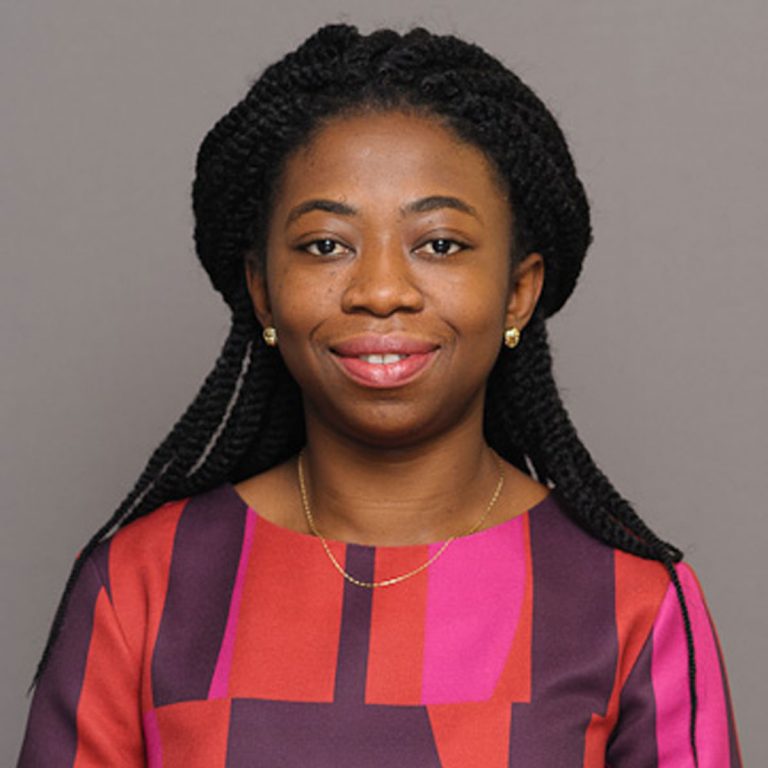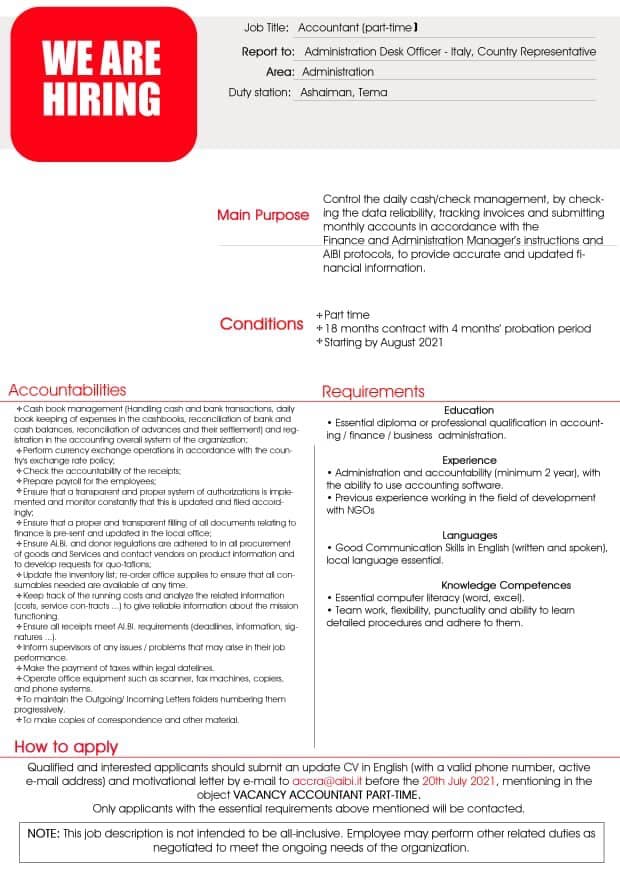Green Templeton’s Josephine Agyeman-Duah (DPhil Women’s and Reproductive Health) has won the Vice Chancellor’s Innovation Award at the just-ended Oxford Africa Conference.
The VC COVID-19 African Innovation Seed Fund is aimed at funding Oxford students’ research or entrepreneurial projects that seek to address issues on the African continent that have stemmed from the COVID-19 pandemic.
The Vice-Chancellor’s Office, University of Oxford, in collaboration with the Oxford Africa Society, awarded the prize which will support the development of Josephine’s research innovations into improving care for children born preterm by making neurodevelopmental assessments possible when access to essential health services is limited, for example, during a pandemic.

A child neurodevelopmental assessment
Preterm birth is defined as delivery before 37 weeks of pregnancy. It is the leading cause of mortality for children under 5 worldwide. Prematurity is a risk factor for delayed neurodevelopment, impaired learning and poor academic attainment, mental ill-health and may contribute to poorer earning capacity in adulthood. The INTERCOVID Multinational Study identified an association between preterm birth and women who test positive for COVID-19 during pregnancy. This means the global preterm birth rate of around 15 million births per year could increase as a result of the pandemic.
Josephine said: ‘My DPhil research project seeks to evaluate the effectiveness of a neurodevelopmental assessment tool for children born preterm in the UK. During the COVID-19 pandemic, essential but non-emergency healthcare services such as neurodevelopmental assessments were halted, which has meant that children at-risk of neurodevelopmental delay because of being born preterm have missed an opportunity for being identified and investigated appropriately.
‘With the support of my supervisors, Professor Stephen Kennedy and Dr Frances O’Brien, I have been able to innovate and convert the in-person neurodevelopmental assessment to a virtual platform. This virtual assessment includes tests for vision, cognition, language, behaviour and motor skills, and means high-risk preterm children can receive the care they deserve, even during a pandemic.’
By increasing access to neurodevelopmental screening for children born preterm, and providing alternatives for virtual assessment where needed, Josephine hopes her innovation will give preterm children a better developmental foundation. This way, we bridge the inequity gap, and contribute to improved livelihoods through better educational experience and outcomes for children born preterm.

Josephine plans to implement and test her virtual neurodevelopmental assessment tool in Ghana within the INTERGROWTH-21st network once the pilot phase of research is complete, before expanding to other areas in Africa.
‘My motivation for applying to the Oxford 2021 VC COVID-19 African Innovation Seed Fund was to leverage the opportunity to promote a research idea by an African scholar at Oxford and to support an idea which will be a huge benefit to the African continent and globally,’ she said.
‘The availability of a platform for neurodevelopmental assessment in the time of a pandemic or where access to health centres is limited, will boost the possibility of scaling up neurodevelopmental screening.
‘The seed fund will greatly enhance the scale-up of the virtual neurodevelopmental assessment, the project and data management and capacity building for local assessors.’




